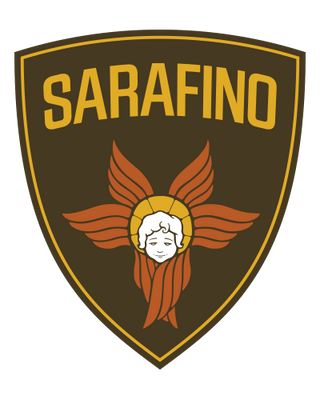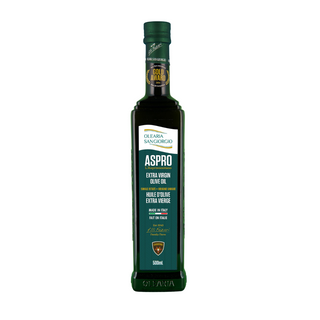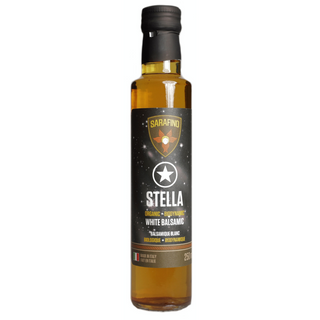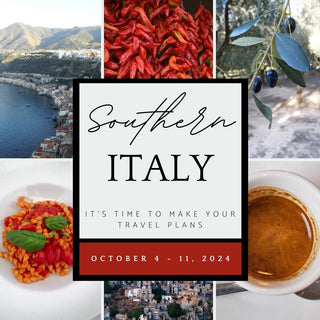
OLIVE OIL TERMS
BALSAMIC VINEGAR TERMS
RICE TERMS
CHOCOLATE TERMS
LABEL TERMS & SYMBOLS
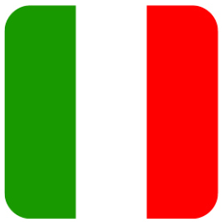
Made in Italy
When you see "Made In Italy" on our bottle, it signifies that every step of the process, from the cultivation of the olives to the production of the oil, is carried out in Italy. This commitment to sourcing and manufacturing in Italy ensures that our products maintain the highest quality standards and authentic taste that are synonymous with Italian culinary tradition.
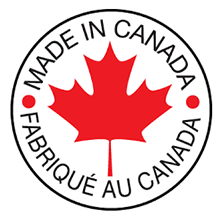
Made in Canada
The Made In Canada claim may be used when the food product is manufactured or processed in Canada regardless of whether the ingredients are imported of domestic or a mix of both. However, this claim must always be qualified with either Made in Canada from domestic and imported ingredients or Made in Canada from imported ingredients. To use these qualified claims, the last substantial transformation of the product must have occurred in Canada. This recognizes the importance of value added by Canadian ingredients and processing.
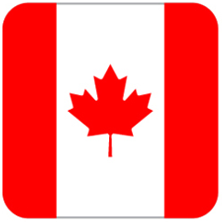
Product of Canada
Under the guidelines when the label claim Product of Canada is applied, all or virtually all of the significant ingredients, components, processing and labour used in the food product must be Canadian. Food products claiming Product of Canada must contain very little or no foreign content, with the exception of minor food additives, spices, vitamins, minerals and flavouring preparations.
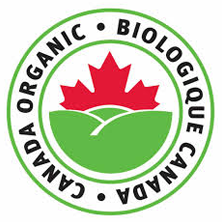
Certified Organic – Canada
An organic product is an agricultural product that has been certified as organic. A product can be certified if it is produced using the methods outlined by the Canadian Organic Standards.
Organic Production Systems – General Principles and Management Standards
Products that make an organic claim must be certified by a Certification Body that has been accredited, based upon the recommendation of a CFIA designated Conformity Verification Body. The Certification Body must certify the product to the Canadian Organic Standards. The CFIA is working with Conformity Verification Bodies to accredit Certification Bodies under the Canada Organic Regime.
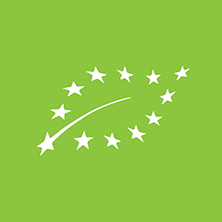
Certified Organic-Europe
The production and placement of organic products with labels and logos on the EU market follows a strict certification process that must be complied with.
Conventional farmers must first undergo a conversion period of a minimum of two years before they can begin producing agricultural goods that can be marketed as organic. If they wish to produce both conventional and organic produce, they must clearly separate these two operations throughout every stage of production.
Both farmers and processors must at all times respect the relevant rules contained in the EU Regulation. They are subject to inspections by EU inspection bodies or authorities to ensure their compliance with organic legislation.
After the two year period successful operators are granted organic certification and their goods can be labelled as organic.
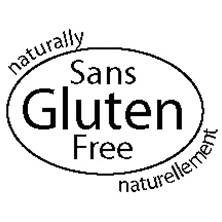
Gluten Free
There is no single world-wide definition for the term “gluten-free.” Some countries have specific gluten-free labelling regulations that identify which foods and ingredients are allowed and not allowed on a gluten-free diet.
Canada is in a transition period between the old labelling regulations and new regulations that take effect on August 4, 2012. By that date, labels for all food products sold in Canada will have to carry clear identification of the priority allergens, gluten, and added suphites at a level greater than 10 ppm.
In Canada, gluten means “any gluten protein or modified protein, including any protein fraction derived from the grains of the following cereals: barley, oats, rye, triticale, wheat, kamut or spelt”. The definition also applies to the grains of hybridized strains of the cereals listed above.
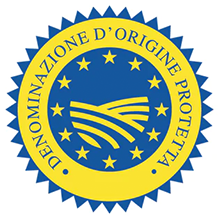
IGP-Protected Geographical Indication
A geographical indication is a distinctive sign used to identify a product as originating in the territory of a particular country, region or locality where its quality, reputation or other characteristic is linked to its geographical origin. The protection of geographical indications matters economically and culturally. They can create value for local communities through products that are deeply rooted in tradition, culture and geography. They support rural development and promote new job opportunities in production, processing and other related services.
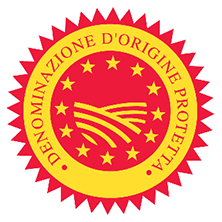
DOP-Protected Designation of Origin
Italian agricultural products labeled D.O.P. (an acronym for Denominazione di Origine Protetta) are products whose ingredients and preparation are specific to a geographic region. In other words, products that are certified as locally grown and produced (and not products that are only distributed or manufactured locally).
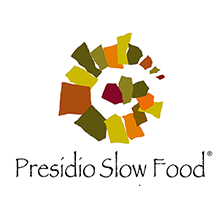
Slow Food
A collective campaign to lobby for the integration of good, clean and fair aspects and the promotion of sustainable small-scale practices in European Union policies.By bringing together Slow Food in Europe with other organizations and the EU, we hope to achieve positive results for all, upholding the rights of millions of small-scale sustainable producers and concerned consumers and protecting regional quality food production through the reform of the Common Agricultural Policy (CAP) and Common Fisheries Policy (CFP).
